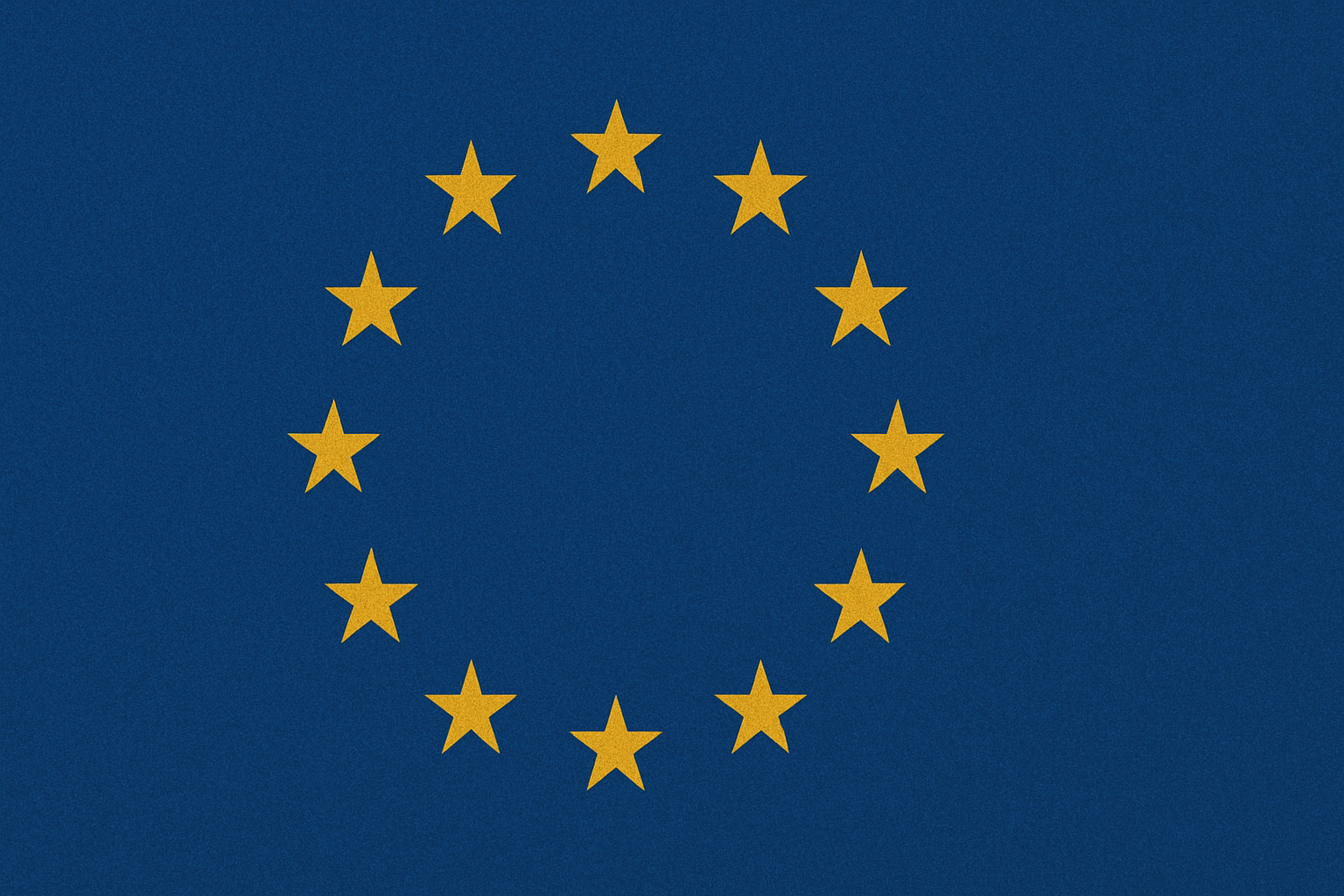
What is the European Securities and Markets Authority?
The European Securities and Markets Authority (ESMA) is the financial markets regulator for the European Union. As a pan-European authority, its goals include the promotion of market transparency through transaction reporting, including the definition and oversight of regulatory reporting standards.
What is ESMA?
Established in 2011, ESMA replaced the Committee of European Securities Regulators, which had previously relied on a network of National Competent Authorities (NCAs) across the EU to advise the European Commission on financial regulatory matters.
The mission of ESMA is “to enhance investor protection, promote orderly financial markets and safeguard financial stability,” and therefore focuses on these key areas:
-
-
- Investor Protection:
“To better serve financial consumers’ needs and to reinforce their ability to make informed choices.”
- Investor Protection:
-
-
-
- Orderly Financial Markets:
“To foster the integrity, transparency, efficiency and functioning of financial markets and market infrastructures”
- Orderly Financial Markets:
-
-
-
- Financial Stability:
“To strengthen the financial system to be capable of withstanding shocks and the unravelling of financial imbalances”
- Financial Stability:
-
ESMA’s Key Strategic Priorities
The European Securities and Markets Authority (ESMA) focuses on three key priorities to ensure financial stability, market integrity and consumer protection:
-
-
- Fostering Effective Markets and Financial Stability
- Strengthening Supervision of EU Financial Markets
- Enhancing Protection of Retail Investors
-
Fostering Effective Markets and Financial Stability
ESMA promotes fair, transparent and efficient financial markets by setting and enforcing high regulatory standards. In collaboration with the European Systemic Risk Board (ESRB), the European Banking Authority (EBA), the European Insurance and Occupational Pensions Authority (EIOPA) and National Competent Authorities (NCAs), ESMA seeks to assess risks that could threaten market stability. The role of ESMA is to strengthen the EU “Single Market” and represent the European financial markets on the global stage to promote regulatory alignment.
Strengthening Supervision of EU Financial Markets
ESMA enhances the supervision of EU financial markets by developing and reinforcing shared supervisory principles with NCAs. By utilising tools such as risk heatmaps, stress testing and stakeholder outreach, they can directly supervise critical market players, including central counterparties (CCPS), credit rating agencies, trade repositories (TRs) and securitisation repositories.
Enhancing Protection of Retail Investors
ESMA works closely with NCAs to protect retail investors from risks associated with new financial products and distribution channels. It ensures that investors receive clear, reliable and transparent product information while enhancing engagement through digital tools. ESMA has shaped the EU regulatory framework to promote long-term retail participation in EU markets, while ensuring investor confidence and transparency.
ESMA’s Role in Transaction Reporting
Transaction reporting is an important part of ESMA’s efforts to improve market transparency, integrity and financial stability in EU capital markets. By defining and enforcing reporting requirements, ESMA enables regulators to monitor systemic risk.
Transaction reporting is important for the efficient functioning of markets:
-
-
- Enhances Market Transparency: by providing regulators with clear oversight of all financial transactions
- Supports Risk Management: by allowing authorities to assess systemic risks and ensure market stability
-
Key Regulations shaped by ESMA
ESMA sets reporting standards and ensures compliance by working closely with NCAs and other EU bodies. It provides guidance through regulations and technical standards that are issued, as well as supervisory oversight of trade repositories to ensure accuracy and consistency in transaction reporting.
The following regulations play a key role in helping ESMA to ensure that financial markets remain transparent, well-regulated and resilient:
-
-
- European Markets Infrastructure Regulation (EMIR)
- Markets in Financial Instruments Regulation (MiFIR)
- Securities Financing Transactions Regulation (SFTR)
- Market Abuse Regulation (MAR)
-
European Markets Infrastructure Regulation (EMIR)
EMIR mandates the reporting of all derivative transactions to trade repositories (TRs). The role of a TR is to centrally collect and maintain records of these contracts, ensuring regulators have a comprehensive view of derivatives markets. By enhancing transparency, EMIR helps to strengthen market resilience and prevent financial instability.
Markets in Financial Instruments Regulation (MiFIR)
MiFIR enhances market transparency through the comprehensive reporting of transactions as part of the Financial Instruments Reference Data System (FIRDS). FIRDS also facilitates the coordination of trading suspensions across the EU, ensuring a harmonised regulatory approach. By standardising the reporting requirements, MiFIR helps regulators to monitor market activity, detect irregularities and maintain orderly trading environments.
Securities Financing Transactions Regulation (SFTR)
ESMA regulates securities financing activities by setting reporting requirements for securities financing transactions (SFTs), ensuring data is accurately collected, verified and published by TRs. This level of oversight improves transparency in repo markets and securities lending, helping regulators assess risks and prevent market instability.
Market Abuse Regulation (MAR)
MAR strengthens market integrity by preventing insider trading, unlawful disclosure of inside information and market manipulation. By imposing strict reporting and surveillance requirements, it can detect and deter abusive practices, ensuring a fair and transparent trading environment. The enforcement of these rules helps to maintain investor confidence and safeguard the stability of financial markets.
ESMA plays a crucial role in ensuring transparency, stability and investor protection across EU financial markets. Through its strategic priorities of fostering market integrity, strengthening supervision and enhancing retail investor protection, it works to create a regulated and resilient financial system. ESMA enforces cornerstone regulations such as EMIR, MiFIR, SFTR and MAR to improve oversight, detect risks and prevent market abuse. As financial markets evolve, ESMA continues to adapt its regulatory approach, expanding its focus on areas like sustainable finance, digital assets and technological innovation.
Maintaining compliance with ESMA’s evolving standards is essential for market participants and firms navigating the EU’s regulatory landscape. Firms must stay up to date with evolving regulatory scrutiny and ensuring accuracy in trade reporting is essential to remain compliant and avoid costly penalties.
Novatus En:ACT is the market-leading SaaS platform, built in conjunction with a major global banking group, to ensure you meet your G20 regulatory reporting obligations in an accurate, timely and complete manner.











